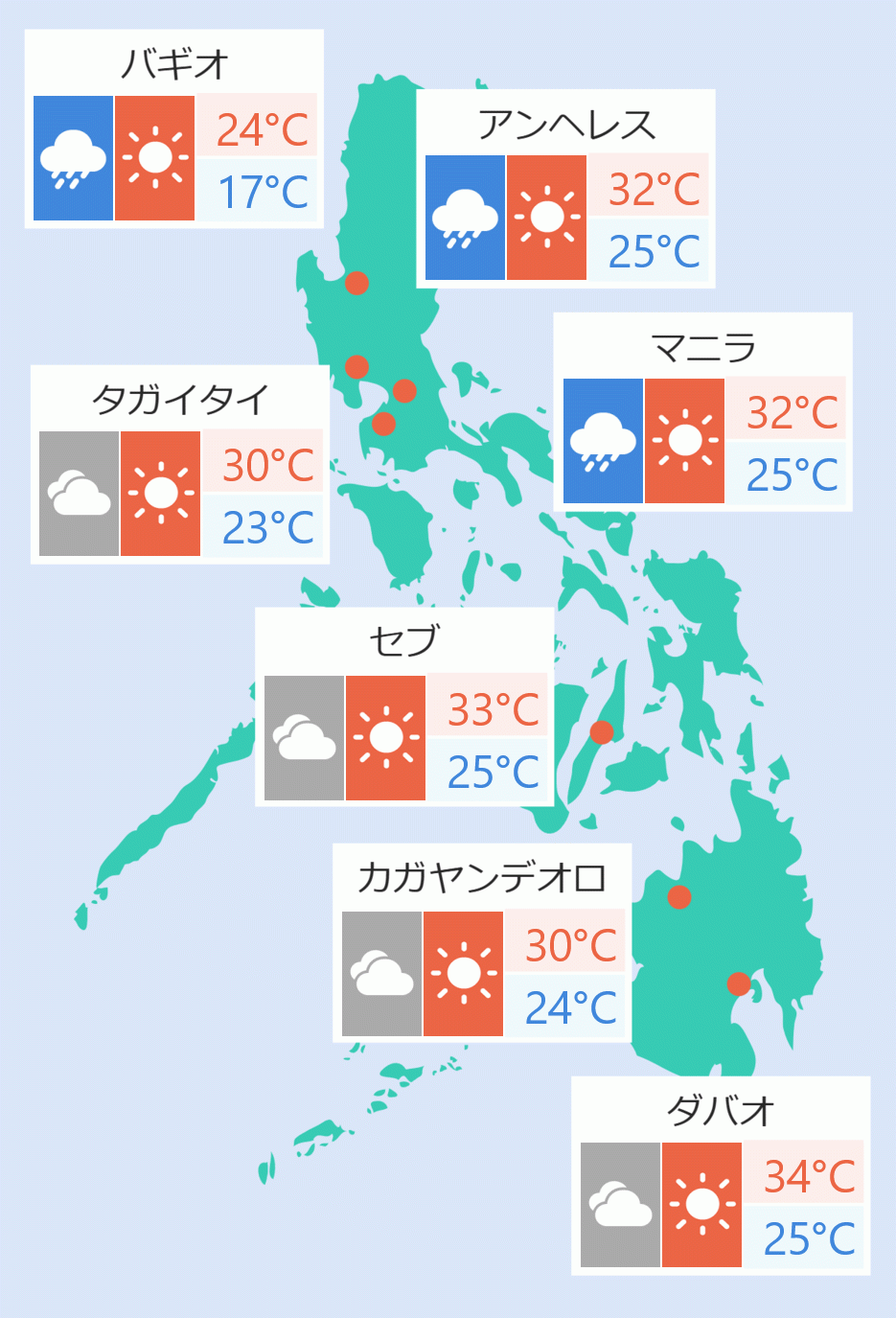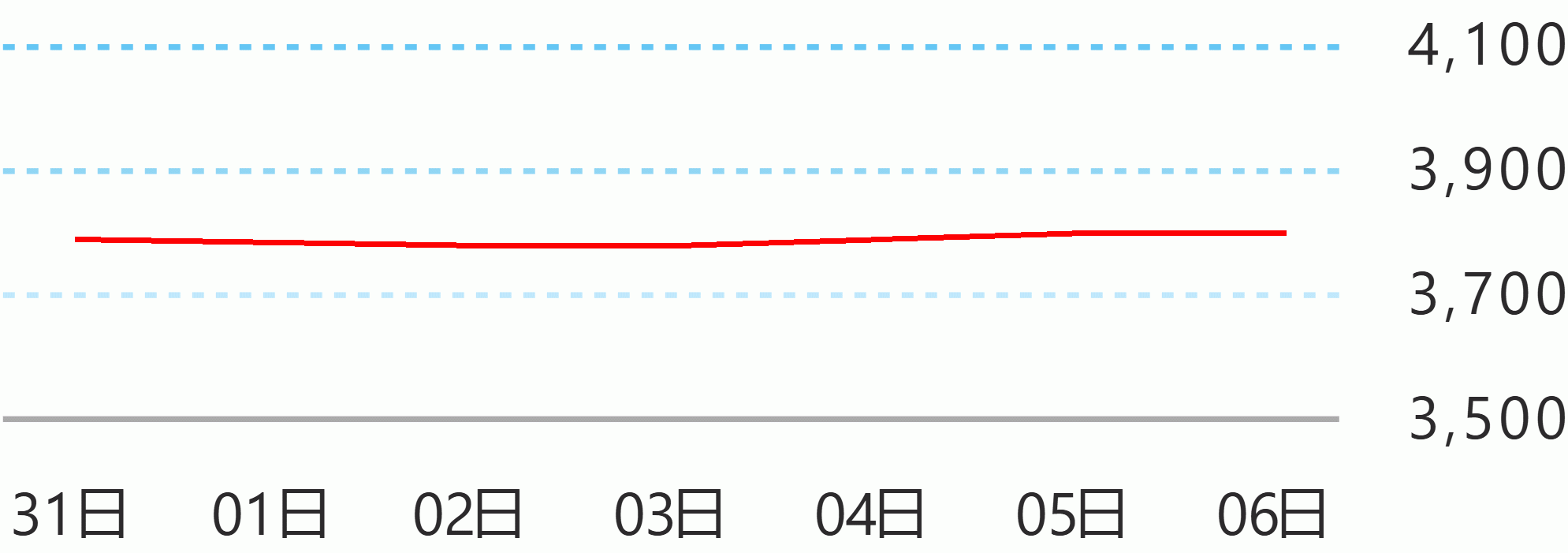The Philippine economy grew 6.6 percent in the last quarter of 2016, bringing the full year growth to 6.8 percent, the country's top economist said on Thursday.
Socioeconomic Planning Secretary Ernesto Pernia attributed the growth on higher investment and consumption.
"Domestic demand, in terms of investment and consumption, continued to fuel growth for the fourth quarter of 2016," he said in a press conference in Pasig City .
The fourth quarter growth was lower than the 7.0 percent expansion in the third quarter of 2016, but higher than the 6.3 percent growth recorded during the fourth quarter of 2015.
"Let me note that the last quarter growth of an election year is usually slower than the first half due to the transition of government, and as investors adopt a 'wait-and-see' attitude," said Pernia, also director general of the National Economic and Development Authority.
The new administration of President Rodrigo Duterte began on June 30 last year following his victory in the May elections.
Pernia said the full year gross domestic product growth last year was along the high-end of the government’s target of 6.0 to 7.0 percent growth rate for 2016.
This also brings the seven-year moving average of real GDP growth rate to 6.3 percent - the highest since 1978, he added.
Compared with other economies in the region, he said the Philippines likely either the third or fourth fastest growing major Asian emerging economy in the fourth quarter after China ’s 6.8 percent and Vietnam ’s 6.7 percent.
"For the full year of 2016, we could be the second fastest, with China growing at 6.7 percent and Vietnam at 6.2 percent for the whole year," he added.
Among the major economic sectors during the fourth quarter of 2016, industry had the fastest growth at 7.6 percent, higher than previous year’s 6.5 percent growth. Services decelerated by 7.4 percent compared with the 7.8 percent growth in the fourth quarter of 2015.
Contrary to earlier bullish outlook of Agriculture Secretary Emmanuel Pinol, agriculture declined further by 1.1 percent. In the same period of the previous year, it dropped by 0.2 percent.
"(A)gricultural growth was a letdown as it returned to negative territory, reeling from the effects of typhoons 'Karen' and 'Lawin' during the fourth quarter of 2016," Pernia said.
Given the 2016 growth, the NEDA chief expressed belief that the target 6.5 percent to 7.5 percent for 2017 is "highly likely."
In the medium-term, he said the government expects growth to strengthen further towards 7 percent to 8 percent.
"This would mean that, over the next six years, the economy will expand by about 50 percent in real terms, and per capita income will rise by over 40 percent. This should bring us to the upper middle income category standing by 2022," he stressed.
He also hoped to reduce the poverty incidence to 14 percent by 2022, thereby lifting about 6 million Filipinos out of poverty.
But Pernia, however, warned risks which could dampen the government's optimism, such as the extreme weather disturbances like that of the El Nino, which he considered as the "biggest roadblock."
He also cited as downside risks the possible policy shifts in the United States , greater volatility in capital flows, and geopolitical risks.
He admitted that the U.S. protectionism under the "America First" policy of its new president, Donald Trump, could affect the Philippine exports and the service sector, like the business process outsourcing.
Asked how the Philippines has been preparing for this, Pernia said, "there's no formal preparation yet."
But he added, "I guess we can adjust," citing the strong current account and the gross international reserves.
He also noted the Philippine pivot to China and Asia, including Russia , and thanks to the "Duterte instinct, the pivot (was announced) even before the US election."
Duterte, who became irked in the previous administration of US President Barack Obama due to criticisms on the alleged summary killings in his administration amid war on drugs, declared separation of the Philippines from America in terms of military and economy.
Pernia expressed belief that US protectionism would only last for a short period of time as it could not sustain it. Celerina Monte/DMS





 English
English









